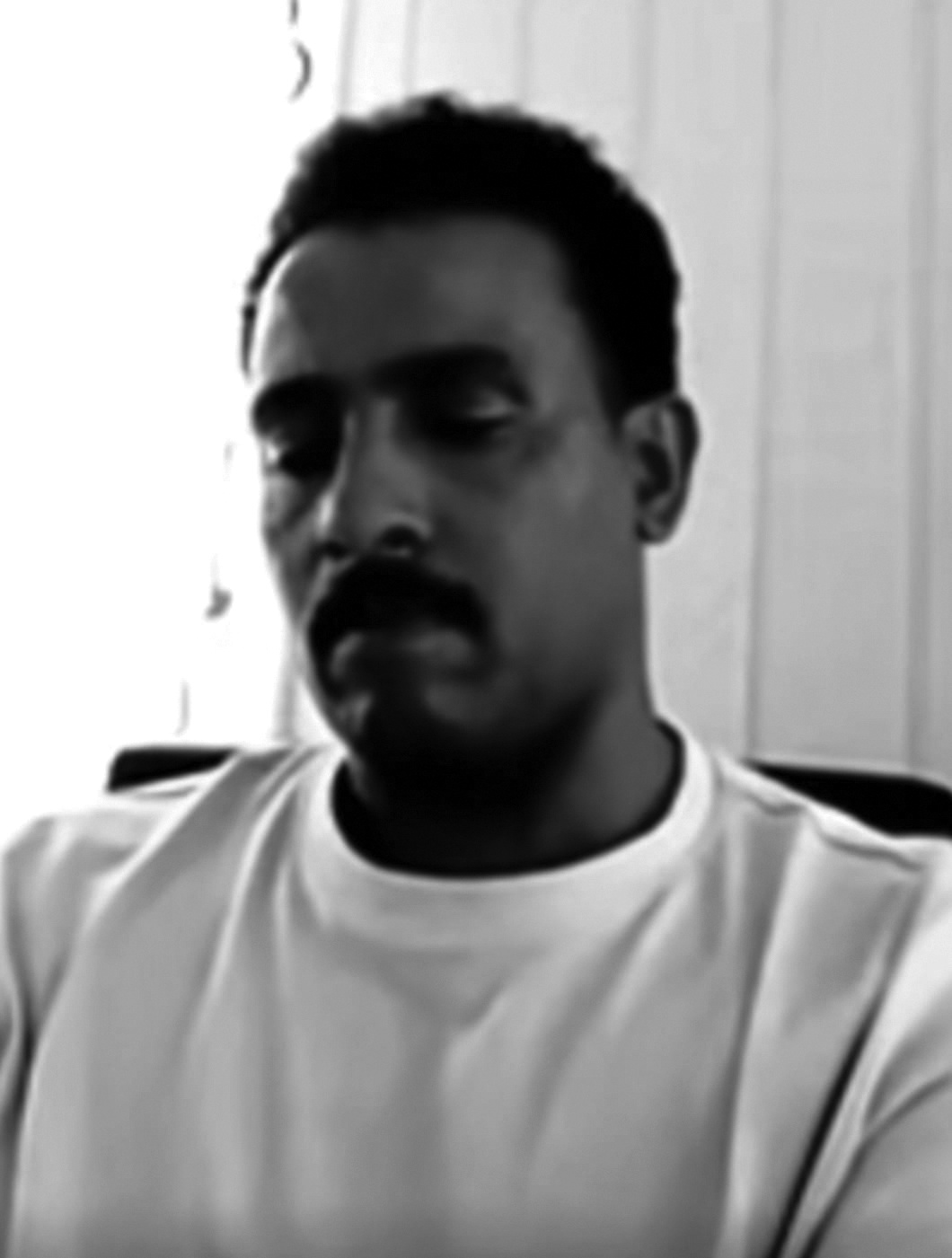

Dessale Berekhet från PEN Eritrea skriver om hur det forntida språket Tigre, som talas av mer än en tredjedel av Eritreas befolkning på 3.5 miljoner, hotas av utplåning.
TIGRE is one of Eritrea’s most widely spoken languages, yet paradoxically, it faces erosion, not only due to external pressures but also because of internal challenges. Despite being the mother tongue of nearly 35% of Eritrea’s population and a lingua-franca for many minority languages within the country, as well as being spoken in parts of eastern Sudan, Tigre is at risk. It is a language rich in oral traditions and cultural heritage, influenced by and influencing neighboring communities.
However, it is slowly being sidelined due to a combination of political, religious, and economic factors—issues often exacerbated by internal divisions among its own speakers.
This situation calls for urgent attention to safeguard this beautiful language before it might be too late.
Political Undermining by Its Own Speakers
The Eritrean regime ostensibly supports minority languages like Tigre through policies promoting mother-tongue education. However, the reality is far more complex. For many minority groups in Eritrea, including Tigre speakers, Arabic is increasingly seen as a politically unifying language, often promoted by community elites at the expense of native tongues. This trend may stem from a desire to counterbalance the perceived dominance of the Tigrinya-speaking majority from the highlands. Arabic, as the language of Islam, serves as a potent political tool for these elites, allowing them to consolidate influence and resist the cultural hegemony of Tigrinya.
Ironically, the status of Tigre as a mother-tongue is being undermined by its own speakers, who increasingly choose Arabic in education and public life. This contradiction is striking: while the regime claims to support mother-tongue education, many Tigre speakers, influenced by political motives, are apparently turning away from their own language. It’s important to recognize, however, that the regime’s policies frequently marginalize minority languages by restricting their use to domestic settings, limiting their broader national impact.
Religious Influences: Faith Over Heritage
Religious factors also play a significant role in this shift. For many in the predominantly Muslim Tigre-speaking community, Arabic holds deep spiritual significance as the language of Islam. For these speakers, Arabic is more than a tool for communication; it is a holy language essential for religious practices and spiritual connection. This religious reverence for Arabic often overshadows the importance of Tigre as a vehicle for education or cultural preservation, leading to the gradual decline of the language within its own community.
Economic Pressures and Language Priorities
Economic factors further contribute to the diminishing role of Tigre. Many Tigre-speaking families view Arabic as a gateway to better opportunities, particularly in wealthy Arabic-speaking countries like Saudi Arabia and the Gulf states.
As a result, they prioritize Arabic over Tigre in their children’s education, believing that proficiency in Arabic offers access to higher-paying jobs and a more secure future. In comparison, Tigre, perceived as a local language with limited economic value, is often sidelined. A common saying among Tigre speakers reflects this attitude: “Tigrayt, wala te’akelak Al’aish Fi dunia, wala tedekhlek Jena fi al’akhira,” meaning, "Tigre [language] neither brings you bread on this Earth, nor grants you entry to heaven in the world to come." This reflects the belief that Tigre seemingly is economically irrelevant and spiritually unnecessary, further accelerating the decline of the language.
A Call for International Intervention
Tigre once had a promising beginning with the arrival of Swedish missionaries in the region in 1865, who established the first printing press at a place called Em-kulu, near the port of Massawa. These missionaries also founded a school in Ailet, later relocated to Gheleb, and published books in Tigre. It is an interesting twist of history that, after nearly a century and a half, a new publishing initiative named Em-kulu has been launched in Sweden, a few years ago, by an Eritrean journalist in exile.
The tragedy of Tigre is not just its gradual disappearance but the fact that this decline is being driven, in part, by those who should be its strongest advocates—its own people. Political, religious, and economic pressures have caused many Tigre speakers to prioritize Arabic, leaving Tigre on the brink of extinction. The contradictory malevolent policies of the Eritrean regime, along with the lack of genuine support for linguistic diversity, have only worsened the situation. Moreover, an online diaspora group called May Tigrat is actively working to preserve and promote the Tigre language and culture. In addition, dedicated efforts are underway to develop Tigre Wikipedia and integrate the language into Google Translate.
Alongside these initiatives, my longtime colleague—writer and journalist Omer M. Ali Abib in Sweden—and I are striving to create a three-part children's book series. Beginning with the Ge’ez alphabet, the very script in which Tigre is written, the series gradually progresses to foundational reading materials, aiming to revive and strengthen the language for future generations. However, given this reality, there is an urgent need for international efforts to help for preserving Eritrea’s minority languages. Without such intervention, Tigre and other minority languages face the real danger of disappearing entirely, as victims of internal conflicts and external neglect.
Dessale Berekhet is an Eritrean writer and journalist, formerly guest writer under the ICORN-network. He currently resides in Bø, Norway.